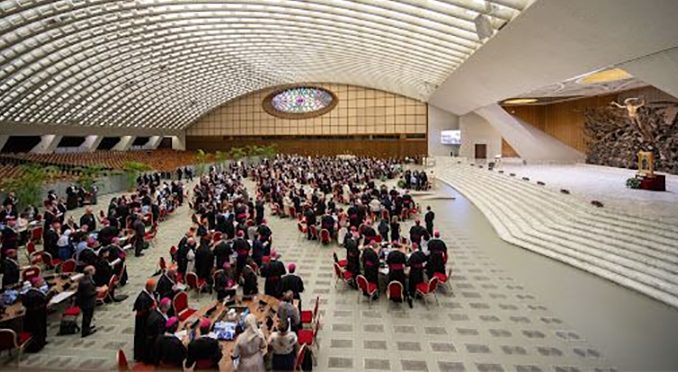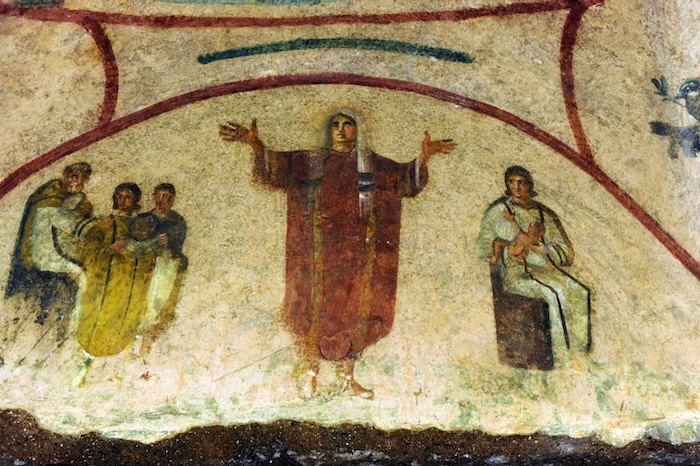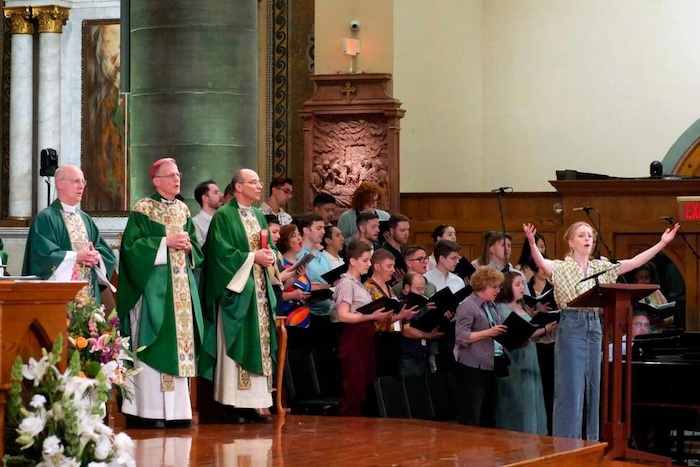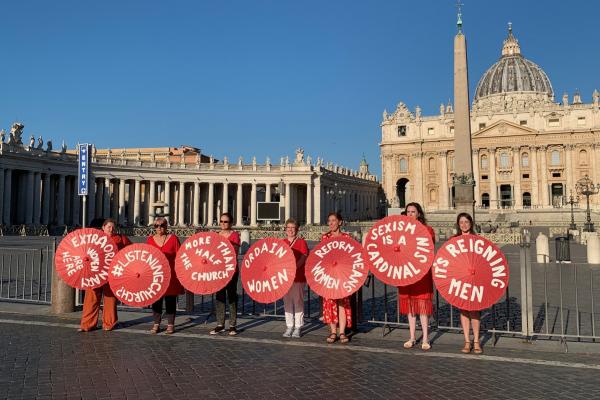— Pope Francis advocates for a female diaconate and extended rights for all baptized individuals, triggering theological discussions on celibacy and women’s roles within the Catholic Church. This shift may redefine the Church’s future.
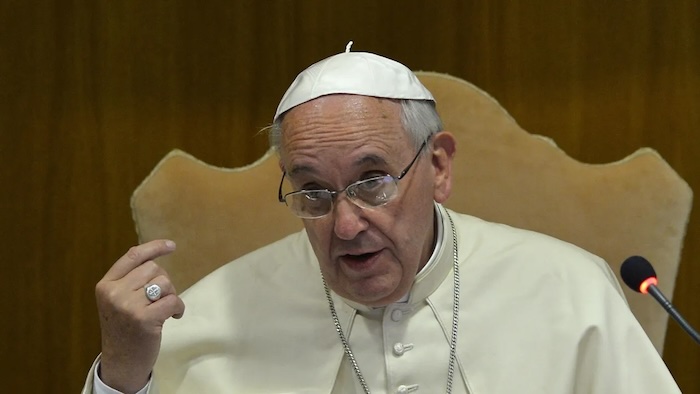
In a groundbreaking revelation, an Italian theologian discloses Pope Francis’s support for a female diaconate and his intent to extend specific rights to all baptized individuals, previously exclusive to bishops, priests, and religious figures. This significant development was deliberated in a gathering of the Council of Cardinals, or ‘C9,’ which counsels Pope Francis on Church governance and reform.
A Plea for Change: Women’s Voices Echo in the Vatican
Simultaneously, a collective of 26 Italian women penned a heartfelt letter to Pope Francis, professing their love for priests and advocating for the abolition of the Catholic Church’s celibacy requirement. Their emotional appeal emphasizes the “soul-destroying” nature of their suffering and stresses the potential benefits for the entire Church if the celibacy rule were to be relaxed.
Tradition vs. Progression: A Delicate Balance
Notably, Pope Francis has previously articulated his inclination towards preserving celibacy, citing tradition and the positive experiences of the past. However, suggestions have emerged, proposing the replacement of the celibacy law with an alternative discipline. Yet, the Church maintains a lengthy history of skepticism towards amending its rules concerning women.
Uncharted Territory: Expanding Roles and Rights
The current discourse surrounding the expansion of rights to all baptized individuals, irrespective of their religious roles, signifies a monumental shift in the Church’s perspective. If realized, this transformation could potentially reshape the landscape of the Catholic Church. Consequently, theological discussions and debates are intensifying, as the potential implications of these changes continue to unfold.
As the conversation surrounding celibacy and the role of women in the Catholic Church forges ahead, the world watches with bated breath. The decisions made today could redefine the Church’s future, signifying a critical juncture in its storied history.
Pope Francis, in his pursuit of a more inclusive and progressive Church, faces the challenge of balancing tradition with innovation. The potential implementation of a female diaconate and the extension of rights to all baptized individuals are testaments to the Church’s evolving stance.
In this intricate tapestry of motives, histories, and potential futures, the voices of the 26 Italian women serve as a poignant reminder of the human element at the heart of these debates. As the Church navigates uncharted waters, the stories of struggle, ambition, and sheer human will continue to shape its transformative journey.
Complete Article ↪HERE↩!

